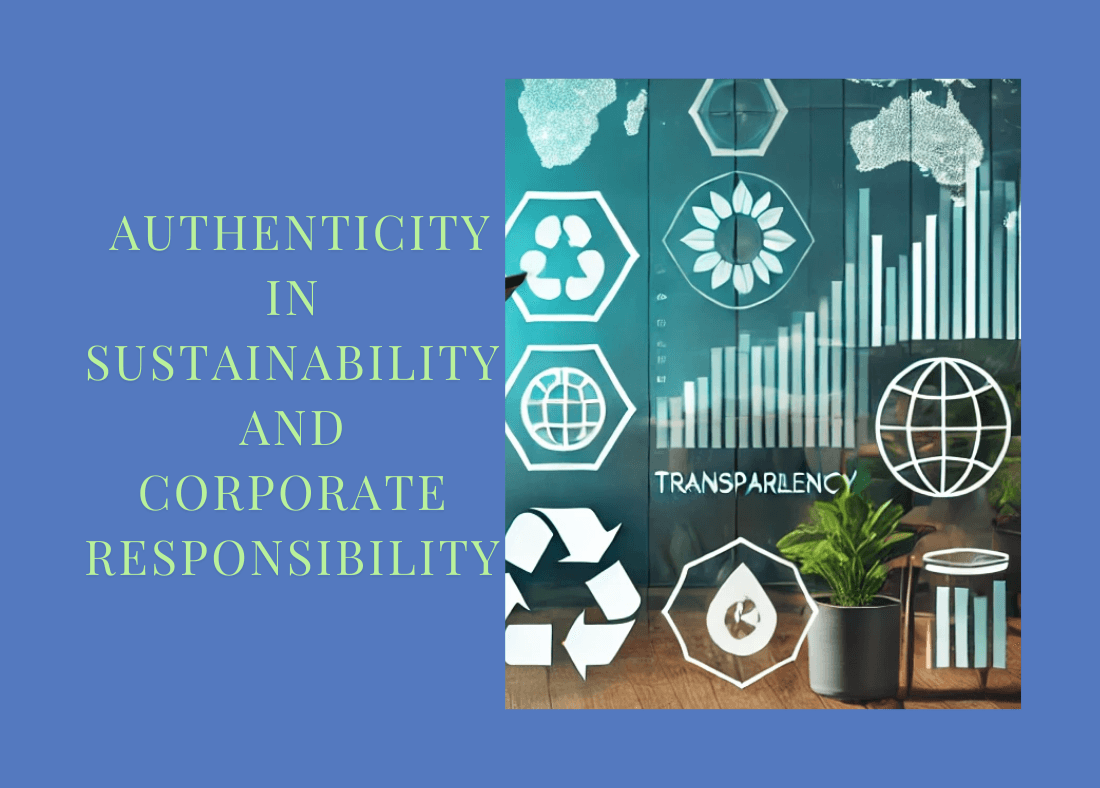With a demand for corporate accountability, Public Relations (PR) has become an essential tool for companies seeking to share their sustainability efforts with credibility and transparency. PR’s role extends beyond traditional media outreach; it’s pivotal in shaping a company’s reputation as a responsible entity and fostering trust with stakeholders.
Building Awareness
One of PR’s fundamental roles in sustainability is raising awareness of a company’s efforts to reduce its environmental impact. From energy-efficient practices and waste reduction to community support and ethical sourcing, PR professionals help companies craft stories that engage stakeholders and demonstrate tangible progress. By presenting sustainability in a relatable, non-technical way, PR makes these initiatives accessible to the broader public, which is essential for building a sustainable brand image.
A strategic PR campaign on sustainability doesn’t just report on achievements but educates stakeholders on why these efforts matter. This might involve creating content for social media, blogs, and press releases that explains the company’s sustainability goals, offers insights into its processes, and illustrates its commitment to creating positive environmental and social impact.
Promoting Transparency
Transparency is foundational for gaining public trust, especially in sustainability. Today’s consumers and investors are not only looking for assurances of environmental commitment; they want proof. PR is crucial here, helping organisations report their sustainability progress in a clear, honest, and regular manner, including setbacks and future goals.
Companies must avoid “greenwashing”—a practice of overstating sustainability achievements. Instead, effective PR strategies involve sharing both wins and challenges in a transparent manner. For example, companies might disclose their carbon footprint, outline steps they’re taking to minimise it, and provide updates on progress through sustainability reports, press releases, and dedicated sections on their websites. Highlighting specific goals, such as carbon neutrality by a certain date, adds authenticity and positions the company as one that takes sustainability seriously.
Aligning with Global Standards of Reporting
For organisations to communicate their sustainability efforts credibly, aligning with global standards for environmental, social, and governance (ESG) reporting is essential. Standards such as the Global Reporting Initiative (GRI), the United Nations Sustainable Development Goals (SDGs), and the Task Force on Climate-related Financial Disclosures (TCFD) provide a framework for consistent and comparable reporting. Companies that follow these guidelines can use PR to communicate their commitment to global sustainability standards, thereby gaining credibility.
These frameworks encourage organisations to report on specific metrics, such as energy usage, waste management, diversity, and human rights practices, which allows for a clearer picture of a company’s overall impact. By sharing annual reports that adhere to these standards, companies can appeal to socially-conscious consumers and investors, reinforcing their credibility as responsible entities.
Addressing Stakeholder Concerns
Sustainability is an ongoing journey that often involves addressing the concerns of various stakeholders. PR is instrumental in this process, providing a platform for companies to respond to questions from customers, employees, investors, and regulators. By being proactive in communication—announcing new policies, environmental audits, or collaborations—companies demonstrate accountability and responsiveness to stakeholder interests.
For instance, if a company is undertaking an initiative to reduce plastic waste, PR teams can manage announcements and communicate the project’s progress, creating a transparent dialogue around the company’s goals and achievements. A robust communication strategy here could involve regular updates via newsletters, investor reports, social media posts, and media briefings, all of which reassure stakeholders of the company’s commitment to sustainability.
Partnerships and Industry Collaborations
PR can amplify the impact of a company’s sustainability efforts by highlighting partnerships with other responsible businesses, NGOs, and environmental groups. Collaborative efforts show that the company isn’t working in isolation but is actively participating in a collective movement towards a sustainable future. These partnerships, often with industry leaders or non-profits, bolster a company’s credibility, as third-party endorsement adds weight to its sustainability claims.
Through PR, companies can spotlight industry collaborations, such as participation in circular economy projects, community-driven conservation efforts, or renewable energy initiatives. These stories not only enhance reputation but also inspire others in the industry to adopt similar practices, furthering the collective sustainability goals.
Impactful Storytelling
Finally, PR plays a unique role in making sustainability efforts relatable through impactful storytelling. While data and metrics are crucial, storytelling brings these efforts to life by focusing on real-world impacts. PR teams can craft narratives around how sustainability initiatives are positively affecting employees, customers, and communities, thus making these initiatives more tangible and engaging.
Highlight case studies of how a sustainable product or process has improved lives or safeguarded natural resources. By focusing on the human side of sustainability, PR enables companies to create a lasting emotional connection with their audience, building a community of supporters who value and advocate for the company’s mission.
By fostering transparency, aligning with international standards, and engaging stakeholders through genuine storytelling, PR professionals can help organisations make a real, meaningful impact in the sustainability arena. When sustainability efforts are communicated with integrity, they build trust, reinforce brand reputation, and contribute to a company’s overall success.
Ultimately, PR isn’t just about promoting a company’s green credentials—it’s about helping organisations take accountability for their environmental impact and inspire others to join the journey towards a more sustainable future.



